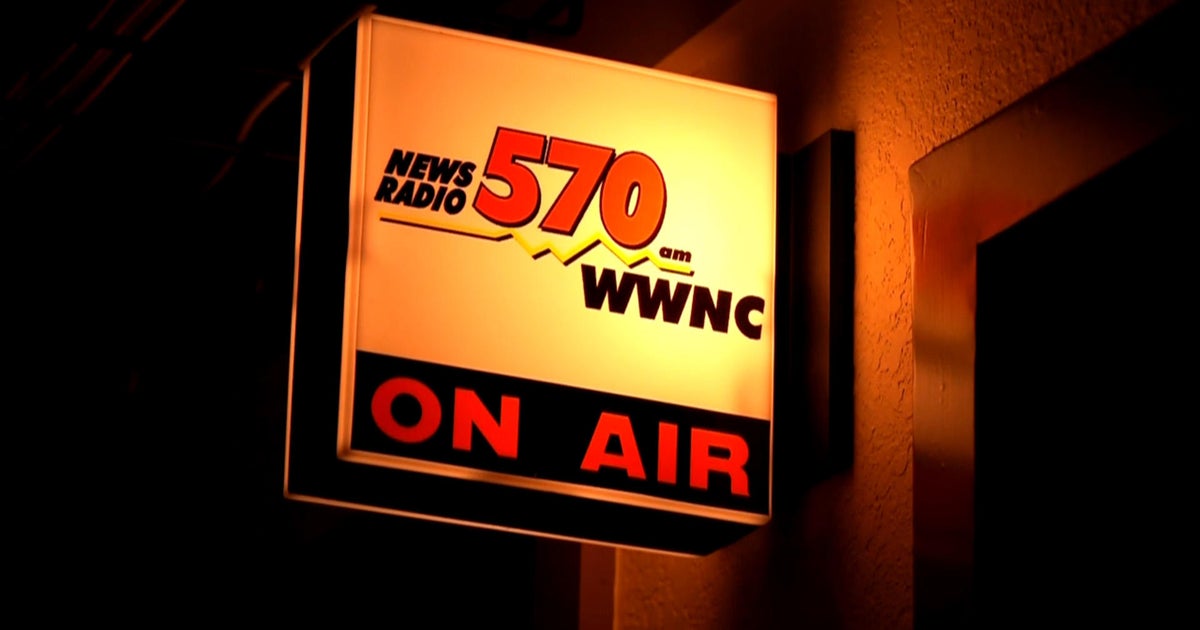North Carolina
North Carolina governor and allies celebrate kickoff of Medicaid expansion

CHARLOTTE, N.C. (AP) — Gov. Roy Cooper and health care advocates celebrated Friday’s official start of Medicaid expansion in North Carolina, the result of state legislation this year that’s expected to help roughly 600,000 low-income adults obtain the government health insurance.
Visiting a Goodwill location in Charlotte that hosted a Medicaid enrollment event, Cooper said that the gathering marked the end of “a long and winding road” for the state to agree to the Medicaid coverage offered through the 2010 Affordable Care Act, The Charlotte Observer reported.
North Carolina became the 40th state along with the District of Columbia to accept expansion since coverage began in 2014. The Democratic governor had made expansion a top priority since taking office in 2017.
“A dream a decade in the making finally becomes a reality,” he said at a news conference.
Expansion provides low-cost health care for people ages 19 to 64 who make too much money to receive traditional Medicaid but generally not enough to benefit from public subsidies available for private health insurance.
About 300,000 people receiving family planning benefits who now qualify for full Medicaid coverage under the expansion were automatically enrolled Friday, Cooper’s office said. Enrollment should grow over time as social service agencies meet with residents. Other enrollment events are scheduled across the state in the coming days.
One of the newly enrolled, Penelope Wingard, received her Medicaid card from Cooper on Friday. She described her experiences seeking care and accumulating thousands of dollars in debt when she lost health insurance while being treated for breast cancer.
“It’s like I got sick and I got punished for it,” Wingard said, adding that her tears Friday were “tears of joy.”
Carolyn Allison, CEO of the Charlotte Community Health Clinic, estimated Friday that about half of the uninsured people who visit the clinic will now be eligible for Medicaid.
Republicans who have controlled the General Assembly since 2011 had been wary for years of accepting expansion through the federal government, which covers 90% of the medical costs.
But GOP leaders recently warmed to the idea, their interest piqued in part by a $1.8 billion bonus to the state from Washington if North Carolina joined. The state’s hospitals are covering North Carolina’s 10% share. Expansion is expected to help rural hospitals financially and local economies.
Expansion legislation passed the legislature with bipartisan support in March and was signed by Cooper. In early October, the state budget was enacted — the final step before the governor’s administration could formally accept expansion from federal regulators.
“Every American deserves high-quality affordable health care,” President Joe Biden said in a statement Friday that also praised Cooper and the bipartisan support. “Today, we are one step closer towards meeting that promise as 600,000 North Carolinians can now access the affordable, quality coverage they need under Medicaid.”

North Carolina
Multiple injuries reported in northeast Charlotte 8-car crash

CHARLOTTE, N.C. (WBTV) – An eight-car crash injured several people and shut down a major interstate on Christmas Eve, the Charlotte Fire Department confirmed.
The crash happened at Interstate 85 North at West W.T. Harris Boulevard. I-85 was shut down by 7:40 p.m. and isn’t expected to reopen before 10:40 p.m.
Of those injured, two were taken to area hospitals, according to Medic.
Crews at the scene said to expect significant delays in the area.
For the latest traffic maps, visit drivenc.gov.
WBTV is working to find out more information. Download the free WBTV News app for the latest updates sent straight to your device.
Copyright 2024 WBTV. All rights reserved.
North Carolina
How AM radio helped storm recovery efforts in North Carolina

Watch CBS News
Be the first to know
Get browser notifications for breaking news, live events, and exclusive reporting.
North Carolina
North Carolina Dems fight GOP power shift as lawsuit targets election boards

Outgoing Gov. Roy Cooper (D-NC) and Gov.-elect Josh Stein (D-NC) filed an expanded lawsuit Monday to challenge a sweeping Republican-backed law that strips significant powers from the state’s incoming Democratic officeholders.
The move by the Democratic leaders escalates an ongoing legal battle over GOP efforts to reshape control of state agencies and boards ahead of next month’s transition.
The new legal action focuses on Senate Bill 382, which transfers the governor’s authority to appoint members of the State Board of Elections to the state auditor, a position set to be held by Republican Dave Boliek. Additionally, the law grants the auditor the power to appoint the leaders of all county election boards, further limiting gubernatorial influence.
“These blatantly partisan efforts to give control over election boards to a newly elected Republican will create distrust in our elections process and serve no legitimate purpose,” Cooper said in a statement.
The lawsuit was originally filed by Democrats over Senate Bill 749, a bill blocked earlier this year that would have overhauled the state election board structure. With SB 382 now law, Cooper and Stein are seeking to amend the lawsuit to reflect the changes, which they argue are unconstitutional and undermine democratic principles.
“In recent years, these legislative leaders have repeatedly tried and failed to seize control of the State Board of Elections for their own partisan gain,” Stein said. “This latest move insults the voters who rejected their power grab and must not stand.”
SB 382’s provisions extend beyond election oversight. It prohibits the incoming attorney general, Democrat Jeff Jackson, from taking legal positions contrary to those of the Republican-led legislature. It also reallocates $227 million to a Hurricane Helene relief fund but does not specify how the money will be used, raising concerns about delayed aid to affected communities.
CLICK HERE TO READ MORE FROM THE WASHINGTON EXAMINER
Republicans overrode Cooper’s veto of SB 382 earlier this month, using their supermajority in the state Senate. However, starting in 2025, they will lose their veto-proof majority in the House, creating a more challenging legislative landscape.
The case now heads to Wake County Superior Court as the political fight over North Carolina’s balance of power intensifies.
-

 Business1 week ago
Business1 week agoFreddie Freeman's World Series walk-off grand slam baseball sells at auction for $1.56 million
-
/cdn.vox-cdn.com/uploads/chorus_asset/file/23951353/STK043_VRG_Illo_N_Barclay_3_Meta.jpg)
/cdn.vox-cdn.com/uploads/chorus_asset/file/23951353/STK043_VRG_Illo_N_Barclay_3_Meta.jpg) Technology1 week ago
Technology1 week agoMeta’s Instagram boss: who posted something matters more in the AI age
-
/cdn.vox-cdn.com/uploads/chorus_asset/file/24924653/236780_Google_AntiTrust_Trial_Custom_Art_CVirginia__0003_1.png)
/cdn.vox-cdn.com/uploads/chorus_asset/file/24924653/236780_Google_AntiTrust_Trial_Custom_Art_CVirginia__0003_1.png) Technology4 days ago
Technology4 days agoGoogle’s counteroffer to the government trying to break it up is unbundling Android apps
-

 News5 days ago
News5 days agoNovo Nordisk shares tumble as weight-loss drug trial data disappoints
-

 Politics5 days ago
Politics5 days agoIllegal immigrant sexually abused child in the U.S. after being removed from the country five times
-

 Entertainment6 days ago
Entertainment6 days ago'It's a little holiday gift': Inside the Weeknd's free Santa Monica show for his biggest fans
-

 Lifestyle6 days ago
Lifestyle6 days agoThink you can't dance? Get up and try these tips in our comic. We dare you!
-

 Technology7 days ago
Technology7 days agoFox News AI Newsletter: OpenAI responds to Elon Musk's lawsuit


















